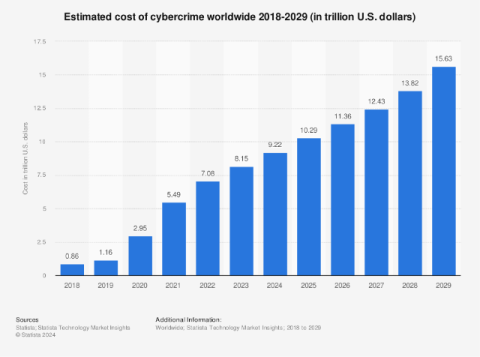Phishing Attacks Abuse Content Creation and Collaboration Platforms
Researchers at Barracuda have observed an increase in phishing attacks that abuse popular content creation and collaboration platforms. These include online graphic design platforms and document-sharing services widely used by educational institutions and businesses. “The analysts found that attackers are sending out emails from these platforms, featuring legitimate-looking posts, designs, and documents, but with embedded phishing links,” the researchers write.




